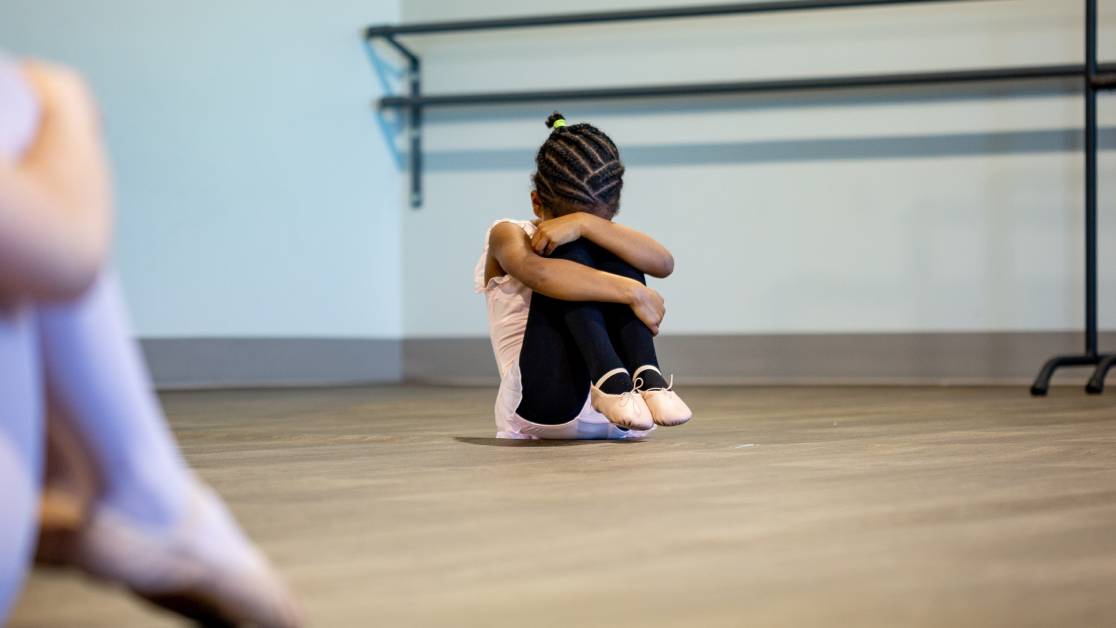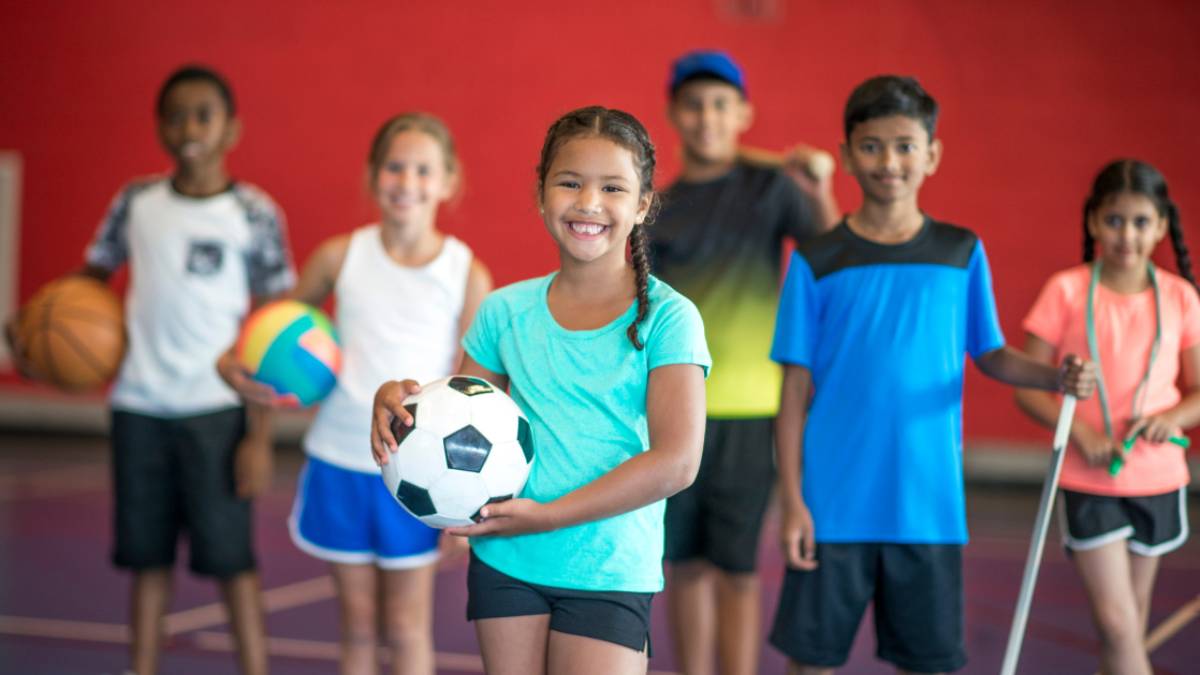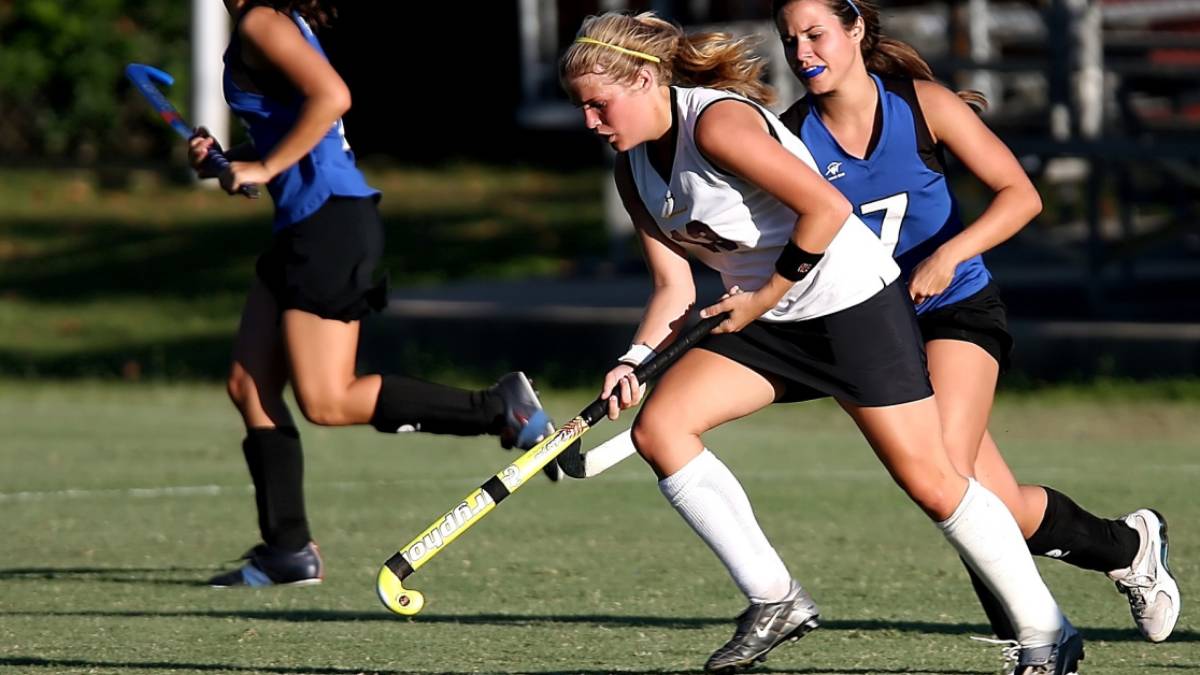Performance anxiety in sport, a widespread phenomenon

Performance anxiety in sport is a common phenomenon affecting athletes of all levels, from amateurs to professionals. This form of anxiety is characterized by an intense fear or preoccupation with negative evaluation in competitive or performance situations[1], and can have a significant impact on performance, well-being and progression in sport.
Causes and symptoms
Performance anxiety engenders an intense fear of failure, leading individuals to perceive every situation as a formidable challenge. This anxiety is often amplified by excessive perfectionism, where only exceptional results are valued, while any result deemed insufficient is attributed to alleged personal incompetence. This cycle of negative thinking can also be accompanied by physical symptoms such as headaches, nausea and insomnia. [2]
Impact
Performance anxiety has a significant impact on sporting ability, going beyond mere mental concerns to directly influence physical performance. It can disrupt key elements such as timing and precision, essential in virtually all sports. In addition, it often leads to slower information processing and hesitant decision-making, critical factors in fast-paced game situations. [3] A meta-analysis of 48 studies by Tim Woodman and Lew Hardy, two professors at Bangor University specializing in sports psychology, established that performance anxiety can account for a drop in athlete performance of up to 10%. [4]
Management strategies
To manage performance anxiety in sport, athletes can adopt several different approaches:
- Mental preparation and visualization: Practicing positive visualizations of sporting performance can boost confidence and reduce anxiety before competitions.
- Setting realistic goals : Setting achievable goals helps to maintain motivation and reduce the pressure of unrealistic expectations.
- Relaxation techniques: Regular practice of techniques such as deep breathing, meditation or yoga can help manage the physical symptoms of anxiety.
- Pre-competition routine: Establishing a routine before competitions can help establish a sense of control and familiarity, reducing anxiety.
- Focus on the process rather than the outcome: Concentrating on the technical and strategic aspects of performance rather than on the final score can reduce pressure.
- Sports psychology consultation: Working with a sports psychologist can provide personalized strategies for managing anxiety and improving mental performance.
- Post-competition review: Analyzing performance constructively, recognizing successes and identifying areas for improvement, can help build a more positive outlook.
- Expectation management: Adjust your own expectations and those of others (coaches, parents, teammates) to avoid undue pressure.
Conclusion
In conclusion, performance anxiety in sport is a significant barrier to athletes achieving their full potential, but it is not insurmountable. By recognizing the symptoms and understanding the profound impact of this anxiety on performance, individuals can take proactive steps to manage it effectively. The strategies outlined here offer diverse and customizable ways for each athlete to overcome their fears and maximize their performance. Adopting these approaches, combined with ongoing support from coaches, teammates and mental health professionals, can transform performance anxiety from a barrier to a springboard, enabling athletes not only to succeed in their sporting disciplines, but also to enjoy a more rewarding and satisfying sporting experience.
Sources:
[1] Wikipédia, Anxiété de performance. consulté à l’URL suivante: https://fr.wikipedia.org/wiki/Anxi%C3%A9t%C3%A9_de_performance#cite_note-Zeidner-1
[2] Clinique réseau Force-Santé (2018), L’anxiété de performance…une épidémie du monde moderne!. consulted at the following URL: https://cliniquereseauforcesante.com/lanxiete-de-performance-une-epidemie-du-monde-moderne#id_cause_faire_de_l’anxi%C3%A9t%C3%A9
[3] Pour3Points (2022), Mi-temps : Des solutions pour réduire l’anxiété en milieu sportif. consulted at the following URL: https://pour3points.ca/mi-temps-des-solutions-pour-reduire-lanxiete-en-milieu-sportif/#:~:text=L’anxi%C3%A9t%C3%A9%20de%20performance%2C%20quant,surveillance%20excessive%20des%20erreurs%20potentielles.
[4] TIM WOODMAN & LEW HARDY (2003) The relative impact of cognitive anxiety and self-confidence upon sport performance: a meta-analysis, Journal of Sports Sciences, 21:6, 443-457, DOI: https://doi.org/10.1080/0264041031000101809. Found via the study de Nicia Langlois-Pelletier (2023), Étude écosystémique de l’anxiété de performance chez des élèves athlètes de 12 à 18 ans des programmes sport-études. Consulted at the following URL: https://archipel.uqam.ca/16444/1/D4327.pdf
Don't miss our new back-to-school guide!
Karl Demers

On the same subject
Performance anxiety is a common concern among young athletes, and it can be difficult for parents to know how best to support their child.
Stress and anxiety are all too common among young people at school. This can be linked to a number of factors: the pressure to succeed, social […]
Are you concerned about your child's mental health? Are you wondering what you can do to help your child feel at ease in everyday life?


